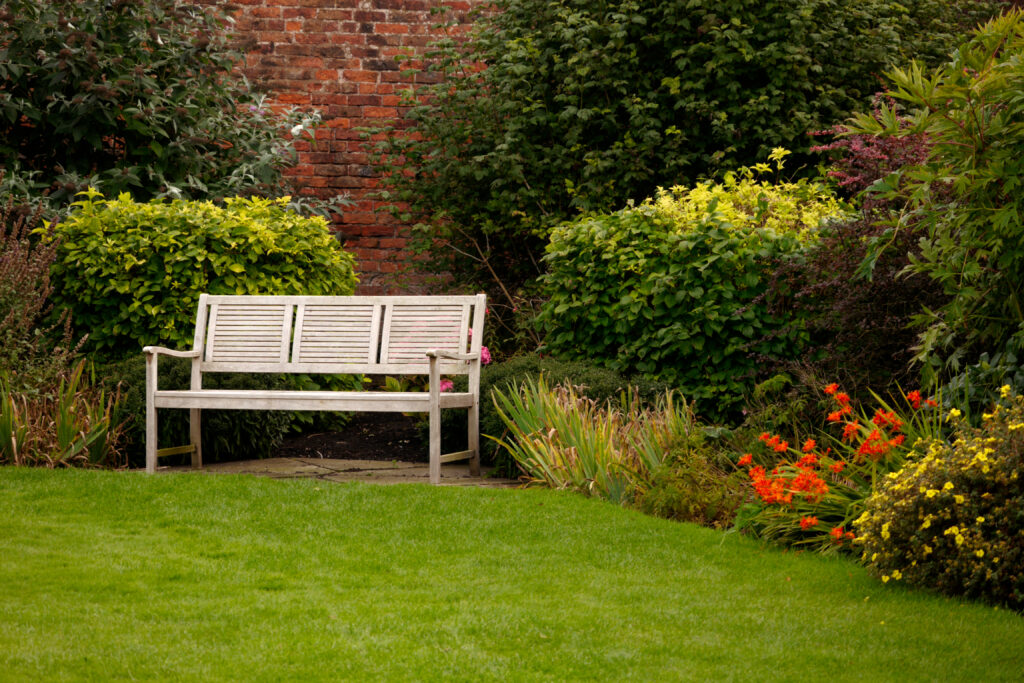Water conservation is a critical aspect of responsible gardening and landscaping. With concerns about water scarcity and environmental sustainability on the rise, it’s essential to ensure that our irrigation practices are as efficient as possible. In this article, we’ll explore some practical tips for conserving water while still maintaining a healthy lawn and garden.

Choose the Right Irrigation System
One of the first steps in water conservation is selecting the most appropriate irrigation system for your lawn and garden. Drip irrigation and soaker hoses are highly efficient options that deliver water directly to the roots of plants, minimizing waste from evaporation and runoff. Consider installing a programmable timer to regulate watering schedules and avoid overwatering.
Perform Regular Maintenance
Proper maintenance of your irrigation system is essential for maximizing efficiency. Inspect hoses, pipes, and sprinkler heads regularly for leaks, clogs, or other issues that could lead to water waste. Replace damaged components promptly to prevent water loss and ensure consistent watering throughout your landscape.
Adjust Watering Schedule According to Weather Conditions
Adapt your irrigation schedule based on weather patterns to avoid unnecessary water usage. During periods of rainfall, temporarily disable your irrigation system or reduce watering frequency to prevent over-saturation. Invest in a rain sensor or moisture sensor to automate this process and adjust watering levels based on real-time environmental data.
Utilize Mulch to Retain Moisture
Mulching is an effective way to retain soil moisture and reduce water evaporation from the surface. Apply a layer of organic mulch such as wood chips, straw, or compost around your plants to help regulate soil temperature and minimize the need for frequent watering. Additionally, mulch helps suppress weed growth, conserving water for your desired vegetation.
Group Plants with Similar Water Needs
Grouping plants with similar water requirements together in your garden allows for more efficient irrigation practices. By creating hydrozones, you can tailor watering schedules to meet the specific needs of each plant grouping, reducing water waste from overwatering or underwatering. Choose drought-tolerant species for areas with limited access to water to further enhance conservation efforts.
Practice Smart Lawn Care Techniques
Proper lawn care practices can significantly impact water conservation efforts. Set your lawnmower blade to a higher height to promote deeper root growth and increase drought resistance. Leave grass clippings on the lawn to act as natural mulch and retain moisture. Aerate your lawn periodically to improve water penetration and reduce runoff.
Capture and Reuse Rainwater
Rainwater harvesting is a sustainable way to supplement your irrigation needs while reducing reliance on potable water sources. Install rain barrels or cisterns to collect rainwater from your roof gutters, then use it to water your lawn and garden during dry spells. Implementing a simple filtration system can ensure that collected rainwater is safe for irrigation purposes.
Implement Water-Efficient Landscaping Techniques
Consider xeriscaping principles when designing your landscape to minimize water usage and maintenance requirements. Incorporate native plants and drought-resistant species that are well-adapted to your climate and soil conditions. Use hardscaping features such as gravel paths, rock gardens, and decorative mulch beds to reduce the overall area of turfgrass that requires watering.
Monitor Soil Moisture Levels
Regularly monitor soil moisture levels in your lawn and garden to avoid both under-watering and over-watering. Use a soil moisture meter or perform simple soil tests to assess moisture content and adjust irrigation accordingly. Deep, infrequent watering encourages deeper root growth and promotes healthier, more drought-tolerant plants.
Educate Yourself and Others
Stay informed about water conservation practices and share your knowledge with others in your community. Encourage neighbors, friends, and family members to adopt water-efficient irrigation techniques in their own landscapes. By working together to conserve water, we can make a significant impact on preserving this precious resource for future generations.
In conclusion, implementing water conservation strategies in your lawn and garden irrigation systems is not only environmentally responsible but also economically beneficial. By choosing efficient irrigation methods, maintaining your system regularly, and adopting water-saving practices, you can minimize water waste while promoting healthy and vibrant landscapes. Let’s strive to be stewards of water conservation and protect this invaluable resource for years to come.
